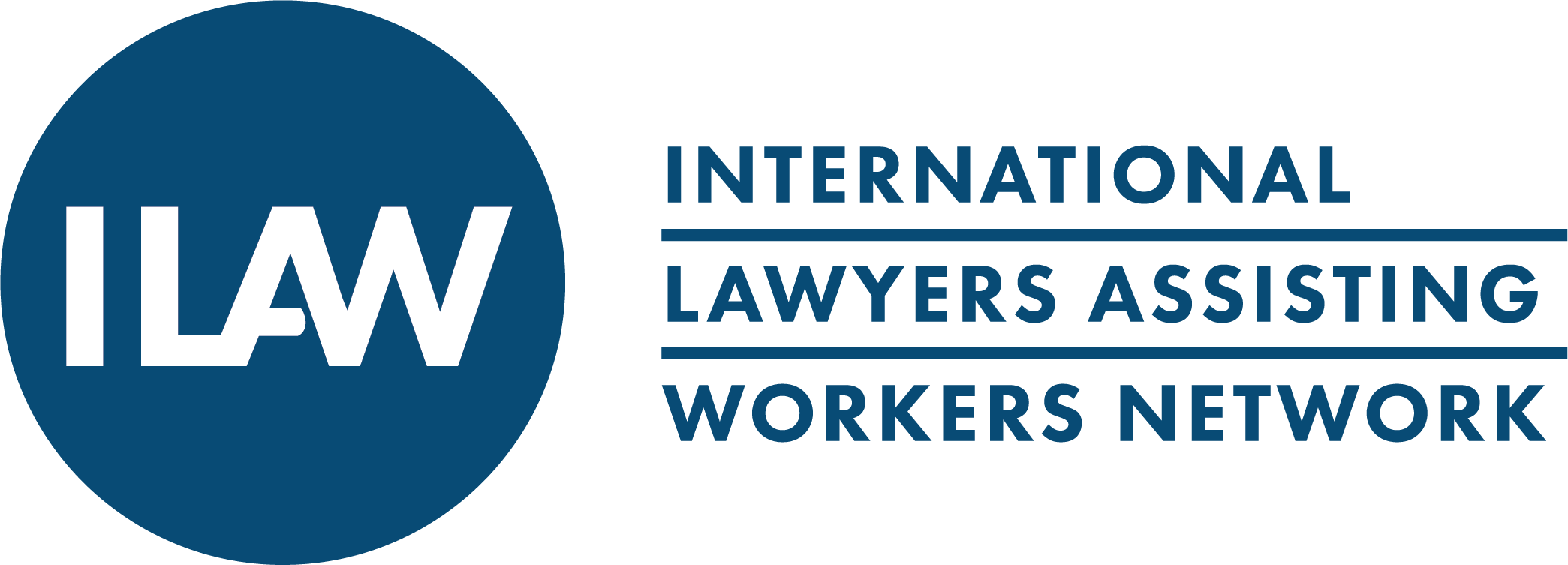“In the present report to the General Assembly, the Special Rapporteur on contemporary forms of slavery, including its causes and consequences, considers the role of workers’ organizations in preventing workers …
Indonesian Court Acquits Former Official Accused of Enslaving Addicts
A former official accused of imprisoning and enslaving 656 people on his estate in Indonesia under the guise of drug rehabilitation has been acquitted on charges of human trafficking, adding to …
Vinci in Qatar: court confirms indictment for forced labor
On July 5, the investigating chamber confirmed the indictment of Vinci Construction Grands Projets in the forced labor case on its construction sites in Qatar. Sherpa, which filed the complaint …
Migrant Workers Pay Sky-high Fees to Expand Taiwan’s Biggest Airport
Vietnamese and Thai construction workers risk debt bondage at state-owned international airport. Taiwan’s international airport in Taoyuan will soon be able to handle an extra 20 million annual passengers, due …
‘Watershed’ ruling confirms that UK companies trading in forced labour goods risk prosecution
GLAN and the World Uyghur Congress (WUC) have won in the Court of Appeal, which ruled that the UK National Crime Agency’s (NCA) refusal to investigate Uyghur forced labour cotton …
Milwaukee Tool sued for alleged use of forced labor in Chinese prison factory
Milwaukee Tool has been sued for allegedly having work gloves made by forced labor in a Chinese prison factory under deplorable conditions which included beatings and torture. The lawsuit filed …
Swiss court sentences 4 members of Hinduja family to up to 4 1/2 years for exploiting their servants
A Swiss criminal court on Friday sentenced four members of the wealthy Hinduja family with between four and 4 1/2 years in prison for exploiting their vulnerable domestic workers. The …
Corporate America Never Really Quit Forced Labor
Inmates do billions of dollars of work for companies and governments each year. A landmark lawsuit alleges many are being kept in prison because the business is just too good. …


End Legal Slavery in the United States
Today we celebrate Juneteenth, the day when word of the Emancipation Proclamation reached the farthest outpost in America. Many people do not realize that Emancipation did not legally end slavery …